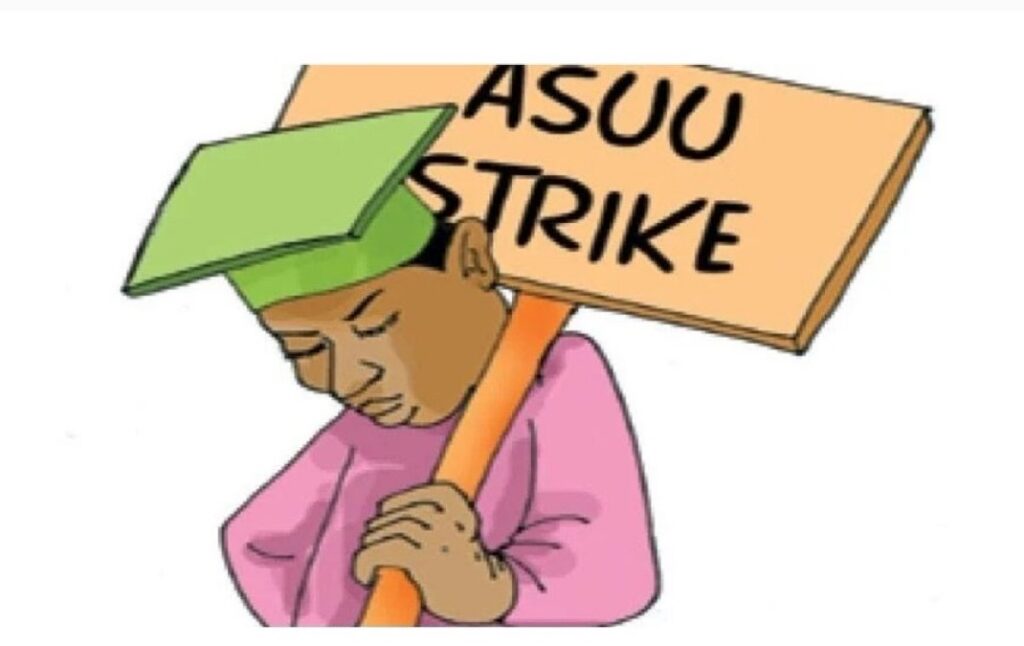The Academic Staff Union of Universities (ASUU) has officially declared a nationwide strike following the non-payment of salaries for the month of June 2025. The industrial action, which is being enforced under the union’s “No Pay, No Work” policy, has already seen several federal universities across Nigeria shut down academic activities.
ASUU’s decision is based on what it describes as the federal government’s continued failure to honor salary obligations, especially after transitioning from the controversial Integrated Personnel and Payroll Information System (IPPIS) to the Government Integrated Financial Management Information System (GIFMIS). According to ASUU President, Professor Chris Piwuna, the union had warned that any delay in salary payments beyond the third day of the new month would lead to immediate suspension of work by members.
Several branches including the University of Jos, University of Abuja, Ahmadu Bello University, and the Abubakar Tafawa Balewa University in Bauchi have already commenced the strike, suspending lectures, research duties, office attendance, and meetings. ASUU leaders at these branches have also formed monitoring committees to ensure full compliance with the industrial action.
The core issue, according to the union, is the alleged deliberate delay by the Office of the Accountant General in releasing salaries through the new payment system. ASUU maintains that the technical switch from IPPIS to GIFMIS is not the problem, but that administrative inefficiencies and a lack of political will to address workers’ welfare have led to recurring salary delays, thereby crippling morale among university staff.
In addition to the salary crisis, ASUU is also demanding the immediate payment of the remaining ₦10 billion out of the ₦50 billion agreed Earned Academic Allowance (EAA) meant for its members. The union had earlier received ₦40 billion, but the government’s failure to fulfill the
balance is adding to the growing frustration among lecturers.This latest development has once again disrupted the academic calendar of public universities in Nigeria, with thousands of students left stranded in the middle of ongoing academic sessions. The recurring strikes have long been a point of concern for stakeholders in Nigeria’s education sector, many of whom fear the long-term effects on student performance, graduation timelines, and national productivity.
ASUU insists that the strike will remain in force until all delayed June salaries are paid and the ₦10 billion allowance is cleared. The union has urged the federal government to take swift action to avoid a prolonged academic shutdown that could further erode the credibility of Nigeria’s tertiary education system.
As of today, no official response has been issued by the Ministry of Education or the Office of the Accountant General, leaving uncertainty over how quickly the matter will be resolved. Meanwhile, students, parents, and academic staff await a meaningful resolution to avoid another cycle of academic stagnation in Nigerian universities.


